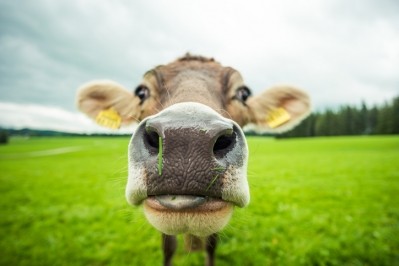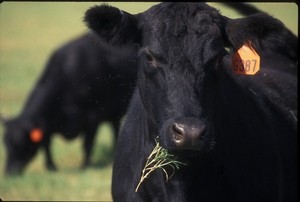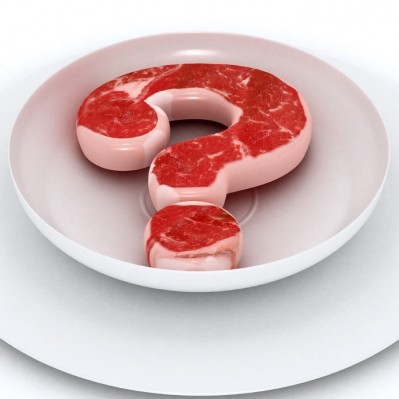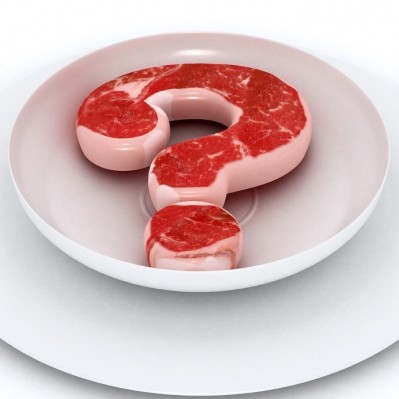BSE case in Scotland
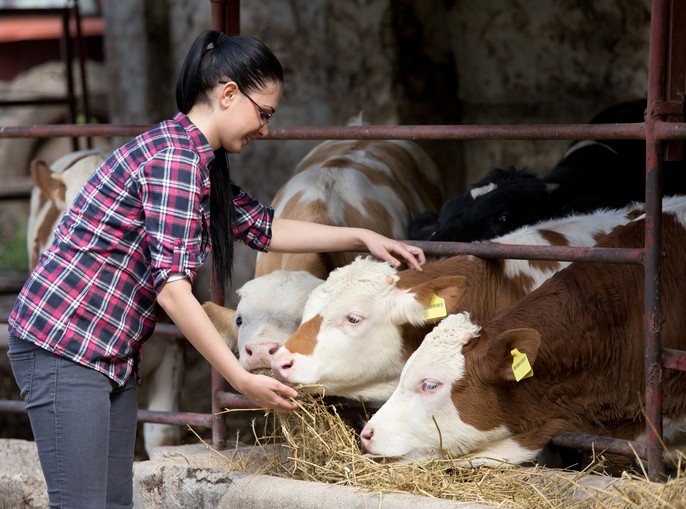
The farm in question has not been identified publically, but it is in lock-down while investigations get underway.
The Animal Health Agency (APHA) is investigating the source of the outbreak. The investigators are hoping to identify the origin of the disease. It is the first of its kind in Scotland in 10 years.
The case was identified as part of routine testing and did not enter the human food chain, the Scottish government says.
Scotland’s Rural Economy Secretary, Fergus Ewing, said:
“Following confirmation of a case of classical BSE in Aberdeenshire, I have activated the Scottish Government’s response plan to protect our valuable farming industry, including establishing a precautionary movement ban being placed on the farm.
“While it is important to stress that this is standard procedure until we have a clear understanding of the diseases origin, this is further proof that our surveillance system for detecting this type of disease is working.”
Scotland’s Chief Veterinary Officer, Sheila Voas, said it was too early to tell where the disease came from in this case: “We are working closely with the Animal and Plant Health Agency to answer this question.”
Director of Operations in Food Standards Scotland, Ian McWatt, said there are strict controls in place in the country to protect consumers from the risk of BSE, including controls on animal feed, and removal of the parts of cattle most likely to carry BSE infectivity.
There have been 16 cases of BSE in the UK since 2011, according to OIE data. The disease was detected on a farm in Wales in October 2015, but did not pose any harm to humans as the animal had not entered the human food chain.
Feed ruled out in previous BSE case in Ireland
Ireland reported an isolated case of classical BSE on a farm in Louth in June 2015.
The authorities there ruled out feed as a cause. The Irish Department of Agriculture, Food and the Marine (DAFM) said the data indicated the feed manufacturing and feed supply chain is well controlled and was not a contributory factor in the epidemiology of the disease in this case.
It also said the evidence gathered during the investigation did not support the hypothesis that the case has arisen from vertical transmission from dam to off-spring.
However, Professor Chris Elliott, director of the Institute for Global Food Security at Queen's University in Belfast, told FeedNavigator at the time the affected cow must have been in contact with bone meal at some stage during its early life:
"There is no other logical explanation. I agree the evidence shows mother to calf transmission had nothing to do with this BSE case. But there may have been an old batch of bone meal on the premises that the cow was exposed to years before - so the real question is how and why did such exposure happen."
